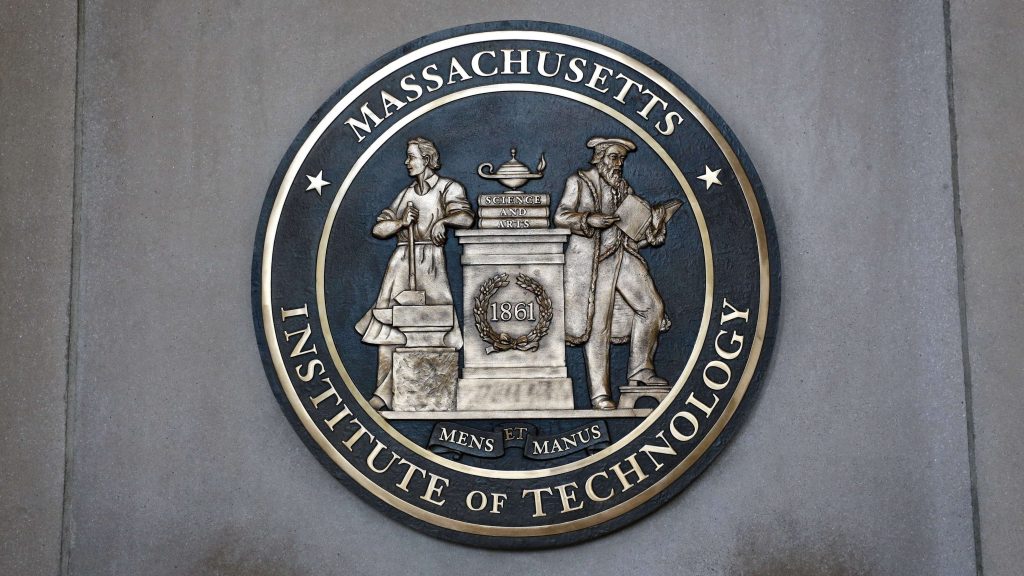
A team of Massachusetts Institute of Technology (MIT) scientists has created BioAutoMATED, an innovative open-source, automated machine learning (ML) platform that uses BioAutomation to democratize AI for research labs and revolutionize the field of biology.
- It simplifies the process of building machine-learning models for researchers without ML expertise, significantly reducing time and effort.
- This system offers three types of supervised ML models, allowing researchers to work with different data types and determine the required training data.
- BioAutoMATED’s open-source code is publicly available, encouraging collaboration and making it accessible to the broader scientific community.
A team of scientists at the Massachusetts Institute of Technology (MIT) has created an innovative solution aimed at democratizing AI for research labs. With its focus on BioAutomation, BioAutoMATED, an open-source, automated machine learning (ML) platform, offers a powerful tool that can generate AI models specifically tailored for biological research, revolutionizing the field and accelerating discoveries.
Building ML models can be challenging, especially for researchers without expertise in the field. As such, MIT researchers led by Jim Collins, the Termeer Professor of Medical Engineering and Science, developed BioAutoMATED which marks a significant breakthrough in automating ML for biologists. By simplifying model selection and data preprocessing, this innovative system empowers researchers to explore Machine learning’s potential sans extensive expertise. This would allow a significant reduction in the time and effort required.
One of the main challenges in biology research labs is the time-consuming and costly process of recruiting ML experts and implementing advanced BioAutomation. Even with such experts, selecting the right model, formatting the dataset, and fine-tuning the model can drastically affect its performance and require substantial work. BioAutoMATED, however, solves these problems by automating the ML process and reducing it from weeks to just a few hours.
What makes this system unique and special is its ability to handle biological sequences, such as DNA, RNA, and proteins, among other fundamental biological elements. While current automated ML (AutoML) and other BioAutomation tools mainly focus on image and text recognition, the researchers extended the capabilities to accommodate biological sequences. By incorporating multiple tools into one system, this system offers a broader search space for model exploration, surpassing the capabilities of individual AutoML tools.
BioAutoMATED provides three types of supervised ML models: binary classification models, multi-class classification models, and regression models. This versatility allows researchers to work with various data types and determine the amount of data required for effective model training.
One of the significant advantages of this system is its potential to lower the financial barriers associated with conducting biology and ML experiments. Typically, biology-centric labs need to invest in significant digital infrastructure and hire AI-ML-trained experts before determining the feasibility of their ideas. However, with this groundbreaking AI-ML system, researchers can conduct initial experiments and assess the potential benefits before involving an ML expert for further model development.
To promote collaboration and accessibility, the researchers have made the open-source code of BioAutoMATED publicly available. They encourage others to utilize and improve upon the code, aiming to create a tool that can be widely adopted and serve as a catalyst for merging rigorous biological practices with rapid AI-ML advancements.
“What we would love to see is for people to take our code, improve it, and collaborate with larger communities to make it a tool for all,” first co-author and Jameel Clinic postdoc, Luis Soenksen said. “We want to prime the biological research community and generate awareness related to AutoML techniques, as a seriously useful pathway that could merge rigorous biological practice with fast-paced AI-ML practice better than it is achieved today.”
By empowering biologists and researchers with AI, machine learning, and an erray of BioAutomation, BioAutoMATED has the potential to revolutionize biological research and facilitate breakthroughs in various domains, from disease prediction to protein engineering.
Inside Telecom provides you with an extensive list of content covering all aspects of the tech industry. Keep an eye on our Intelligent Tech sections to stay informed and up-to-date with our daily articles.